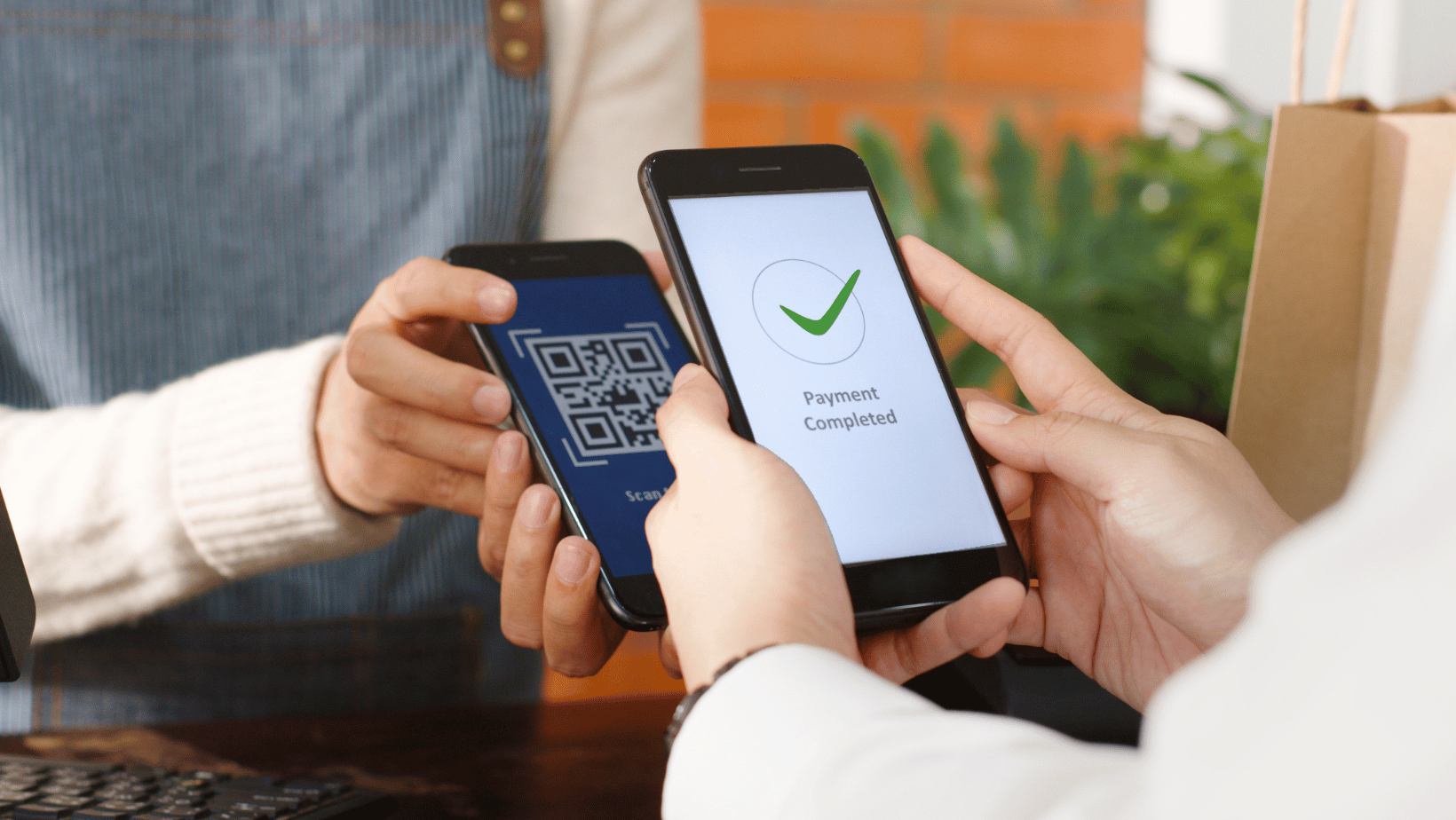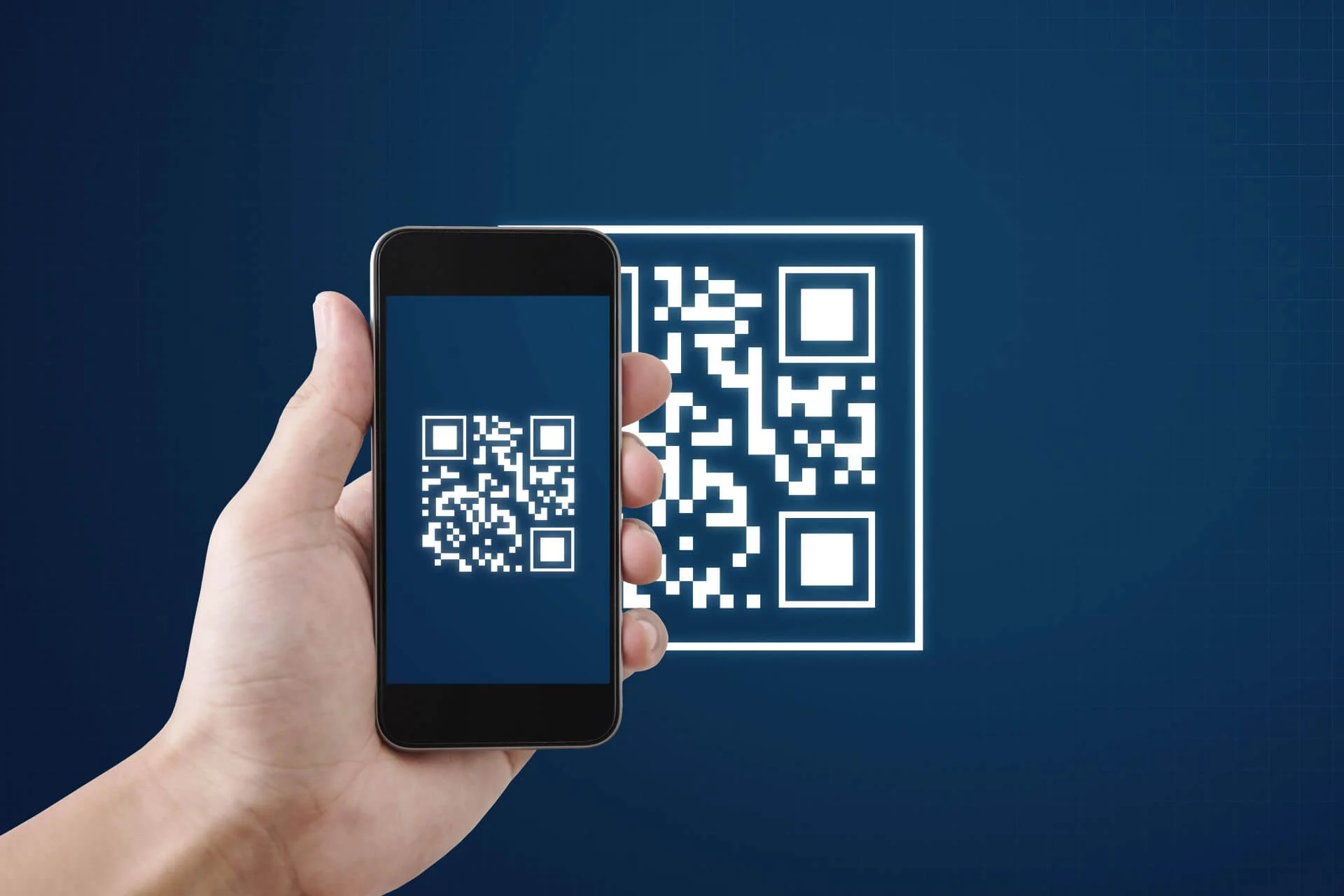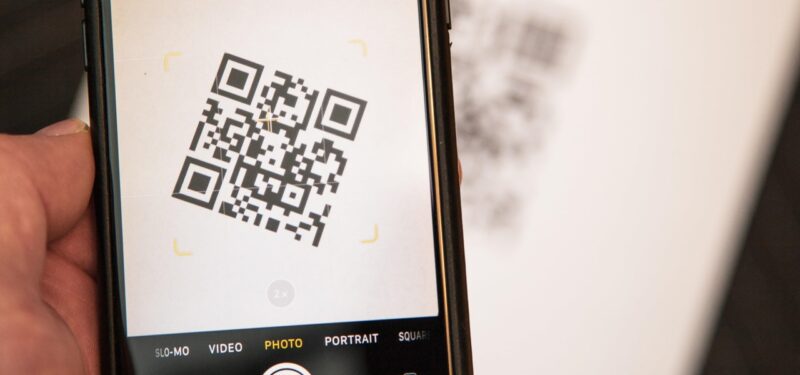We are all familiar with those black and white squares we find around – from product packaging to restaurant menus. Also, we all know they’re named QR codes, and while being so used to them, we never questioned if they ever expired.
Technically, QR codes don’t have a defined lifespan, but things aren’t as simple as they seem. From the moment you get your code until you end up using it, there are so many complexities that affect longevity. That’s why we’ll cover the topic in detail, from the basic concepts of QR codes to how they work. No matter if you generate them with Adobe Express or ask someone to create them for you, these are the things you should know:
Understanding QR Codes: From Pixels to Portals

QR codes are practically barcodes but pretty improved. While the barcodes are vertical lines with different order and intensity, the QR codes look more like a matrix of black-and-white pixel-like spots that encode essential information, often a URL that leads us to the resource.
Sometimes, they can be used to “cover” texts, contact details, or even as access to cryptocurrency wallets. More commonly, we use them to download an app quickly, access a voucher or discount code, or read the restaurant menu before the waiter arrives for an order.
Today, most smartphone cameras are capable of scanning these codes and revealing the needed information. Some older models may require installing a QR scanner app, but that happens less often than before.
Can I Generate My Own QR Code?
As we mentioned earlier, there are online apps to help you generate QR codes for free, and it’s indeed easier than it seems. You only need to put the data you want encoded and simply click the “Generate” button. Now you have your personalized QR code to access your website, social media page, or any other information you covered with it.
Surely, you can share the code with your friends or customers, print it out on promotional materials, or even have it on your phone, just in case.
Do QR Codes Expire?

QR codes, in general, don’t have an expiration date. But their lifespan depends on various factors that mostly depend on these two QR code categories:
Static QR Codes – These codes are permanently linked to the information you encoded. Many consider them digital tattoos because they don’t have expiration dates. As long as the code is scannable, it encodes the initial information, and that may last for decades (and further).
Dynamic QR Codes – You can generate the code, and it will look the same. At the same time, you’re allowed to change the encoded information with no need to recreate the code. That’s the reason why some old codes you have lead to unknown resources now and not to those you knew a few years ago.
The difference?
Most QR code generators are free for the static codes. To create a dynamic QR code, you need to subscribe to the generator, pay some fee, or pay every time you change the encoded information.
QR Codes that Lead to Emptiness

Empty QR codes are pretty common these days, especially the older ones. Remember when people generated codes for various reasons, including their Instagram profiles or other websites that aren’t active right now?
The code itself may be immortal, but the information it leads to may disappear or change. The online space is like a graveyard of dead QR codes that are practically still functional. Experts name this phenomenon “link rot,” and it’s not really pleasant to scan a code that leads nowhere.
So, what to do in these cases? Can you prevent link rotting?
There are a few tips to help you with this:
- Choose static QR codes for permanent information, i.e., content that is unlikely to change
- Static QR codes work great for your business card or personal information
- Dynamic QR codes are good for websites that have a continuous flow of information
- Include more information, i.e., don’t only rely on the website, but provide your Instagram or Facebook profile so people who scan the code can contact you anyway.
And while dealing with link rotting, QR codes still stay strong in the online world. They can be a great way to create:
- Interactive marketing campaigns, i.e., to motivate people to download your app or unlock exclusive content
- Access to food labels and nutritional information, especially if the package doesn’t allow to include them all in the design
- Payment solutions, as you can pay for your coffee to-go easily with the personalized QR code connected to your bank account
What Does the QR Future Hold?

QR codes have changed, but at the same time, they still look the same as a decade ago. The technology advancements aren’t easily visible, but we can encode precious information while pushing the boundaries of what these scannable black-and-white squares can do.
So, the next time you encounter a QR code, remember: it’s not just a fleeting blip on your screen. It’s a potential portal to a world of information, convenience, and perhaps, even a little bit of magic.
What Did We Learn From This Article?
QR codes are still an attractive way to summarize our essential information. Their history dates back quite a long time, and of course, today’s mobile devices can easily load the information and reveal it to you.
With the help of free tools, you can create static QR codes that are yours forever. That way, you have permanent access to your information. But if you need to change content frequently, then a dynamic solution is better for you.
Of course, with this article, we also learned what happens with unusable QR codes and why the phenomenon of link rotting occurs. Therefore, we recommend that you create such codes when you really need them because the times when it was fashionable to have your own QR for no particular reason are already far behind us.
Today’s QR codes are not only encoding information but also an effective way of promoting and monitoring marketing performance. As such, they are still relevant to us, and their time of active daily use will not be long.
